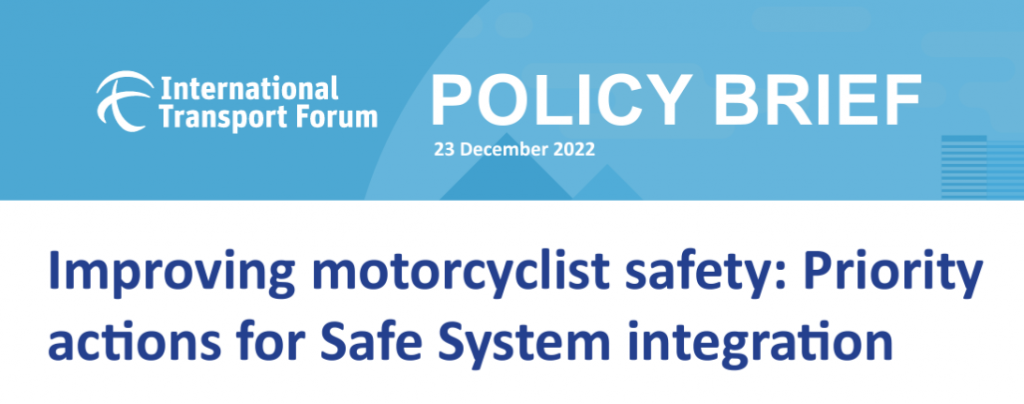Held in June and September 2021 and co-hosted by IMMA and other key road-safety partners, the workshops on ‘Motorcyclists’ Safety: Riding in a Safe System’ gathered more than 150 stakeholders, including urban, national, and institutional policy makers, researchers, rider and support federations, and industry groups. The event’s main goal was to discuss how the recommendations of the third Global Ministerial Conference on Road Safety, held in Stockholm in 2020, apply to motorcycling. As part of the workshop series, IMMA organised a dedicated global workshop session featuring insights from the regions on vehicle requirements, policy measures, road infrastructures, and motivations for motorcycling, demonstrating the variations across these regions.
The ITF Policy Brief offers a set of priority actions. It also underlines how motorcycling, as one of the most common modes of transport in the world, is used for a variety of reasons, such as primary mobility, professional uses, tourism, leisure, and sport. Due to their affordability and flexibility, the use of PTWs has been increasing in all regions in high, middle, and low-income countries. In many low-income countries, PTWs represent the only affordable transport mode providing access to education, work, and medical care.
The widespread use of PTWs has also exposed its vulnerabilities. The share of PTW fatalities worldwide is high. In view of the UN Second Decade of Action for Road Safety (2021-2030), which aims to reduce by 50% the number of people killed and seriously injured in road crashes, governments and road safety authorities are called to address PTW safety.
Participants at the ITF motorcyclist safety workshop developed the following eight priority actions for governments, road safety authorities, fleet owners, manufacturers, and riders’ groups:
- Move to sustainable corporate management practice for powered two-wheelers
- Make smarter use of urban space
- Adopt safe vehicles and equipment in line with international standards
- Educate motorcycle riders and promote a traffic safety culture
- Redesign infrastructure to increase motorcyclist safety
- Ensure safe speeds for all roads users, including motorcyclists
- Reduce children’s exposure to motorcycle crashes
- Invest in knowledge on the causes of and remedies for motorcycle crashes
The ITF Policy Brief can be read here.

